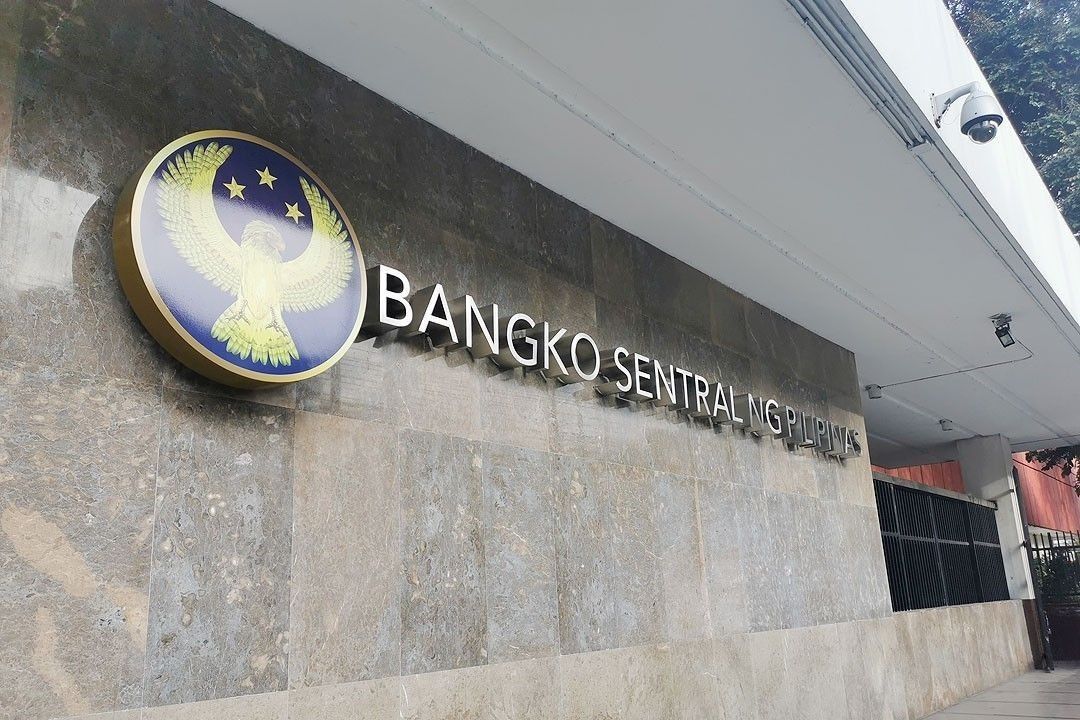More portfolio investments enter Philippines

For 2nd straight month
MANILA, Philippines — Short-term investment flows remained positive for the second straight month, surging to $962.04 million in July, following June’s $280,000, according to the Bangko Sentral ng Pilipinas (BSP).
Despite the strong inflow in July, latest data released by the central bank showed the net inflow of foreign investments registered with the BSP through authorized agent banks plunged by 76.6 percent to $157.77 million from January to July this year compared to the net inflow of $675.15 million in the same period last year.
The foreign portfolio investments are also known as hot money or speculative funds, as these flow regularly between financial markets as investors attempt to ensure they get the highest short-term interest rates possible.
For the month of July alone, the net inflow reversed the $103.14-million net outflow recorded in the same month last year.
The inflow of hot money surged by 131.6 percent to $1.57 billion in July from a year-ago level of $680.73 million.
A majority or 63.2 percent of registered investments were in peso government securities amounting to $996 million.
On the other hand, about 36.8 percent or $580 million were invested in securities listed on the Philippine Stock Exchange (PSE), particularly banks, property, food, beverage and tobacco, holding firms as well as transportation services.
On the other hand, the outflow of hot money or speculative funds fell by 21.6 percent to $614.48 million from $783.87 million. The US remained the top destination of outflows, receiving 65 percent or P400 million.
China Bank chief economist Domini Velasquez said the net inflow in July was supported by increased interest in the country due to various reforms, such as the passage of the Maharlika Investment Fund, as well as the proposed green lanes for investments.
Velasquez also noted that headline and core inflation in the US substantially slowed amid another 25-basis-point hike by the US Federal Reserve last July.
“These information likely encouraged investors to flock to emerging markets like the Philippines. Moving forward though, we expect hot money to remain weak due to very thin interest rate band with the Fed, and live possibility of further rate hikes domestically and abroad,” Velasquez said.
For the January to July period, the gross inflow of speculative funds declined by 11.4 percent to P6.96 billion from $7.86 billion in the same period last year, while the gross outflow slipped by 5.4 percent to $6.8 billion from $7.19 billion.
Michael Ricafort, chief economist at Rizal Commercial Banking Corp., said the full reopening of the economy continues to boost the growth for services and manufacturing activities.
“Manufacturing and other production activities are expected to pick up in the third quarter due to the seasonal increase in importation, manufacturing, and other production activities, all in preparation for the seasonal increase, if not, the peak in demand and sales during the Christmas season,” Ricafort said.
The Philippines registered a net inflow of hot money amounting to $1 billion last year, reversing the net outflow of $2.4 billion in 2021 amid the impact of the COVID-19 pandemic.
The BSP sees a hot money net inflow of $2.5 billion this year and $3.5 billion next year.
- Latest
- Trending
























